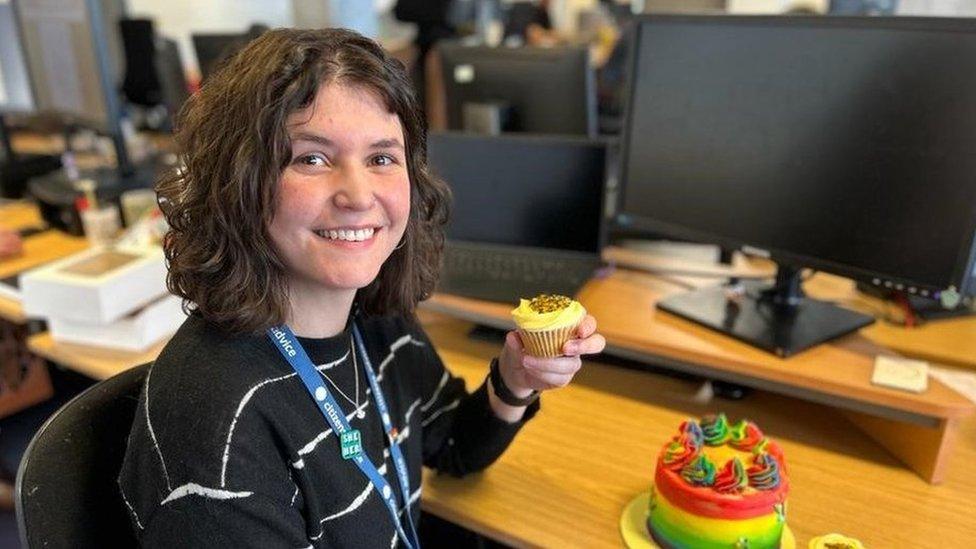What is a four-day week and why is it controversial?
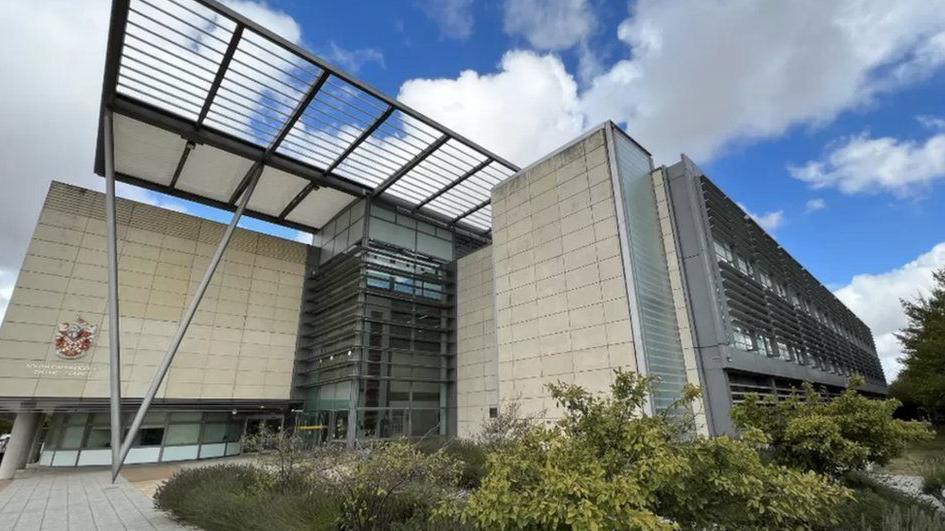
About 450 staff at South Cambridgeshire District Council began the trial in January
At a glance
A four-day working trial was introduced for council office workers in January and extended to the waste team in September
It means staff do 100% of their work in 80% of their contracted hours for 100% of their pay
The council claims staff sickness and turnover levels have improved, saving money
The government has callled on the authority to stop the trial, questioning whether it offers local taxpayers "value for money"
- Published
A four-day working week trialled at South Cambridgeshire District Council since January has proved controversial, attracting government attempts to close it down. So why has the idea garnered so much interest - and what is its future?
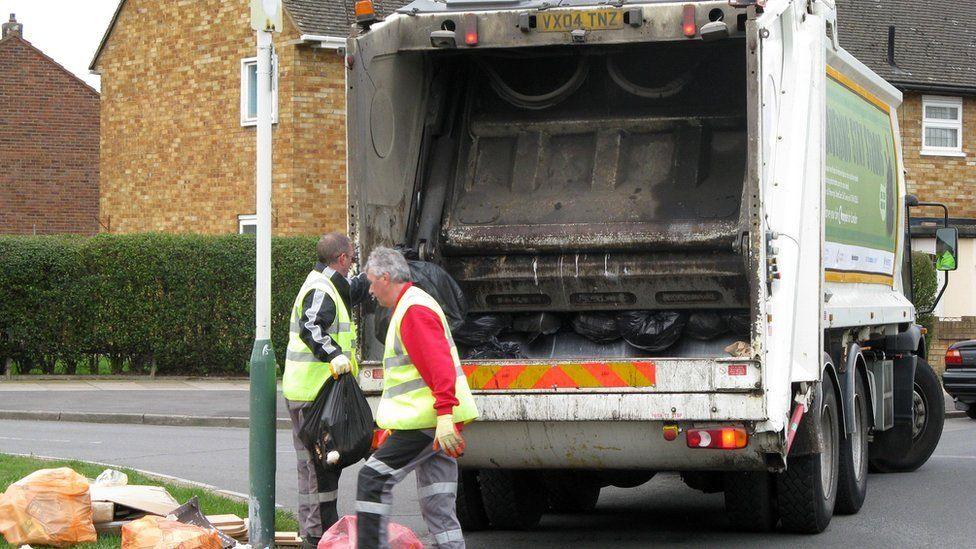
It was extended to include waste lorry workers in September
What is a four-day week?
In South Cambridgeshire, a four-day week is when people deliver 100% of their work in 80% of their contracted hours, for 100% of their pay.
It is not about cramming five days' work into four. The aim is to be more productive.
The council offices remain open five days a week, but staff take, in most cases, either Monday or Friday off.
The idea has been slowly gathering pace in the UK, after more than 60 companies trialled the scheme in 2022.
Most - 86% - said it was such a success they planned to keep it in place. They cited benefits such as increased productivity and significant financial savings for employees on transport and childcare.
But some firms abandoned the experiment, while others have not yet made the move to adopt the format full-time.
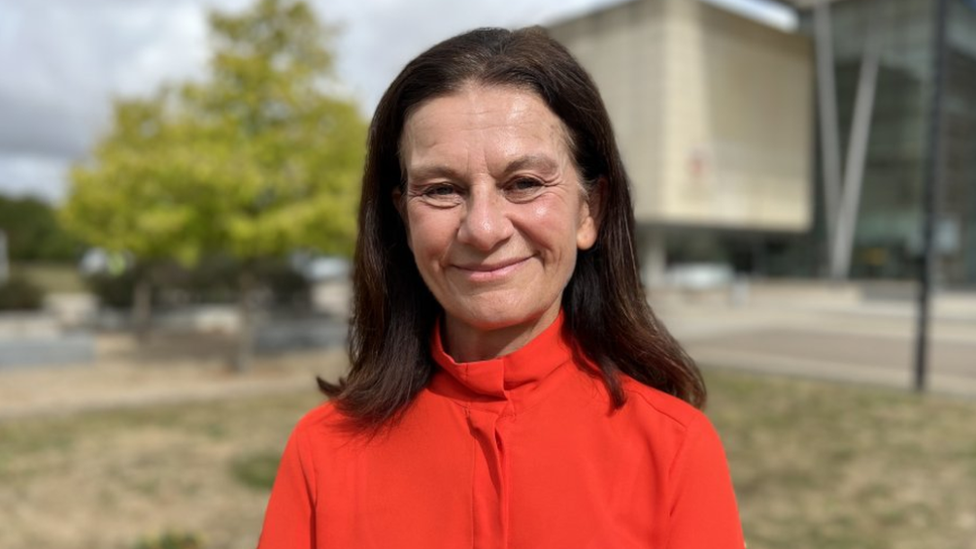
Liberal Democrat council leader Bridget Smith said council data suggested the trial improved workplace productivity
Why did South Cambridgeshire District Council bring it in?
The Liberal Democrat-run council said it had three main reasons for beginning the flexible working scheme, external, which it claimed was a first for a UK local authority:
to help attract staff in a competitive local employment market
to improve services by filling vacant posts permanently instead of relying on agency staff
to reduce costs - it had been spending £2m a year on agency staff
About 470 office-based staff began the experiment in January, working a 30-hour week on the same full-time pay.
This was extended until March 2024 after the Bennett Institute for Public Policy at the University of Cambridge, external reviewed council data.
It found the trial "positively impacts individual wellbeing, increases workplace productivity, and maintains - in some services even improves - council performance".
Liberal Democrat council leader Bridget Smith said: "This is a trial, but we have already seen strong independently assessed evidence which showed that performance was maintained, and in some cases improved, in the first three months."
In September, the flexible working scheme was extended to waste crews.
A council meeting on 9 November was told staff turnover had reduced by 36%, 97 new members of staff had been successfully recruited, sickness was down by 33% and the number of agency staff covering vacancies had reduced from 23 to nine.
Liberal Democrat John Williams, lead cabinet member for resources, said the report seemed "to support what we've been saying - improving staff wellbeing, recruitment and retention and meaning that we won't be spending so much money on agency staff".
Once the trial comes to an end it will be subject to a review of its effectiveness, he said.
In response to government criticism of the trial, he questioned: "Why are they so afraid the four-day week may be successful in the public sector?"
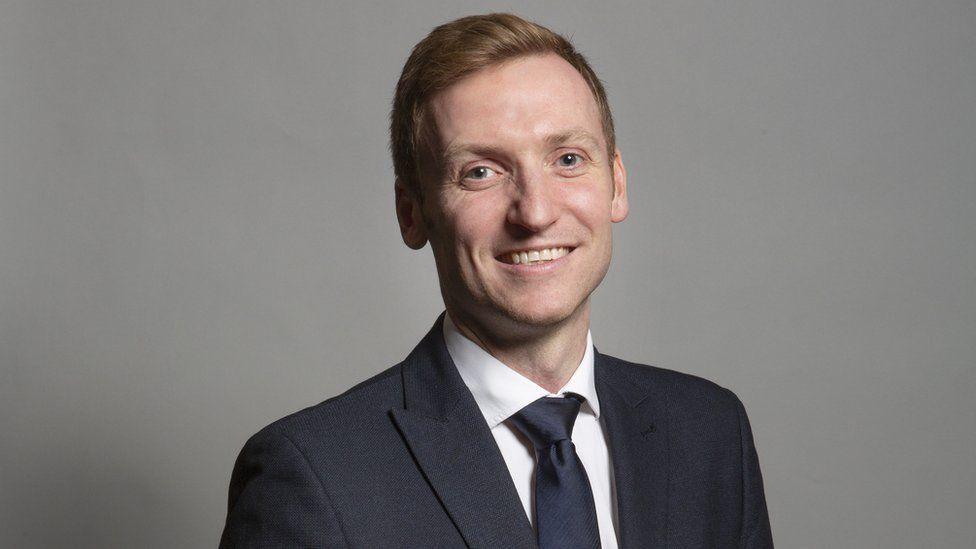
Former local government minister Lee Rowley called on the council to "end your experiment"
Why has the government intervened?
The government questions whether local taxpayers are offered "value for money" when councils run four-day weeks.
In July, the then local government minister Lee Rowley wrote to South Cambridgeshire District Council calling on it to "end your experiment immediately".
"I strongly believe in the ability of councils to innovate and find new ways to discharge their responsibilities," he said.
"Removing up to 20% of the capacity to do those activities is not something which should be acceptable for a council seeking to demonstrate value for money for its taxpayers and residents."
In September, Mr Rowley wrote to the council saying targets in seven categories had not been met since it was introduced, including call-answering.
A council spokesman said it would respond in due course.
On 26 October, the Department for Levelling Up, Housing and Communities said the scheme should not be adopted by any other authority.
On 3 November, the government issued a "best value notice", meaning the authority has to "provide robust evidence of the impact of the trial on council services".

South Cambridgeshire MP Anthony Browne has also criticised the scheme
What are the views of other local politicians?
South Cambridgeshire Conservative MP Anthony Browne has opposed the scheme since its start.
"Using residents' taxes to pay for 20% less work is unreasonable," he said.
The district's Tory opposition group is also opposed.
In September, it accused the council of "tampering" with the report by the Bennett Institute, claiming edits were made which "artificially improved" its results.
Heather Williams, leader of the Conservative group, said the edited report "put the emphasis on quantity and not quality of work".
"It is not giving taxpayers value for money. It's a social experiment that is going to have direct damage for many," she said.
Ms Williams also questioned the reliability of data provided to the 9 November council meeting, which said staff turnover had reduced by 36% and sickness was down by 33%.
The Conservative group called for an extraordinary general meeting "to give the public answers to their concerns".
“I think it is imperative that all councillors are able to discuss what has happened in a public forum and hear what consequences residents face from the Lib Dem administration’s decision to continue with the trial," Ms Williams said.
Follow East of England news on Facebook, external, Instagram, external and X, external. Got a story? Email eastofenglandnews@bbc.co.uk, external or WhatsApp us on 0800 169 1830
- Published9 November 2023
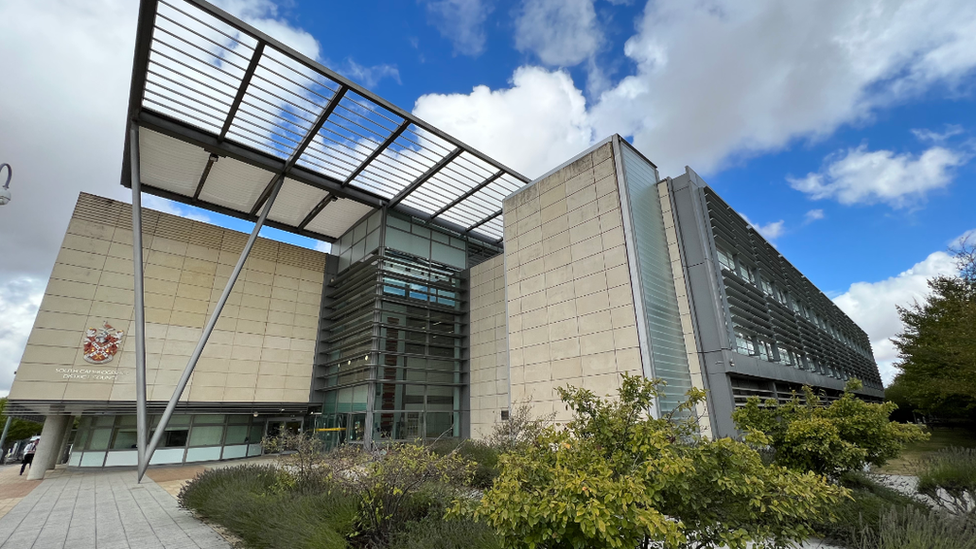
- Published6 July 2023
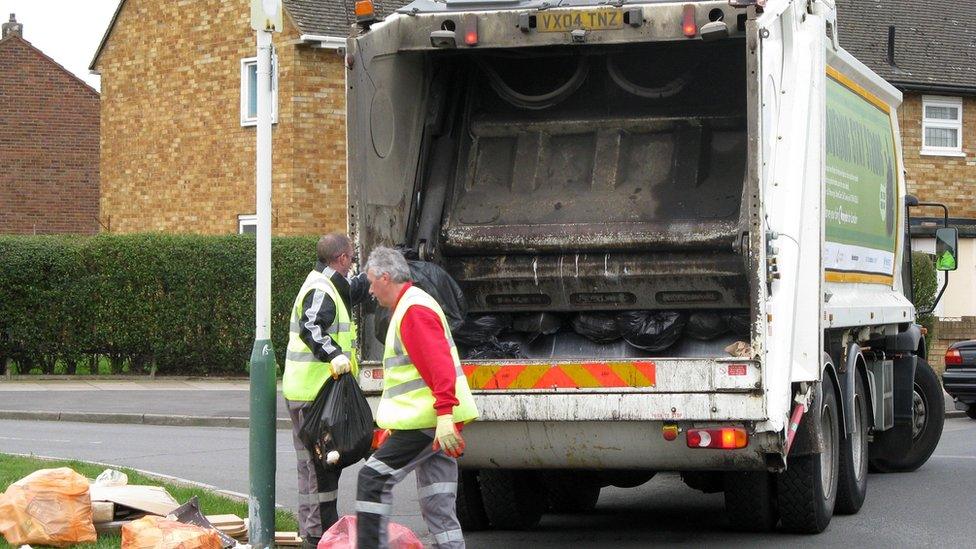
- Published26 October 2023

- Published21 February 2023
